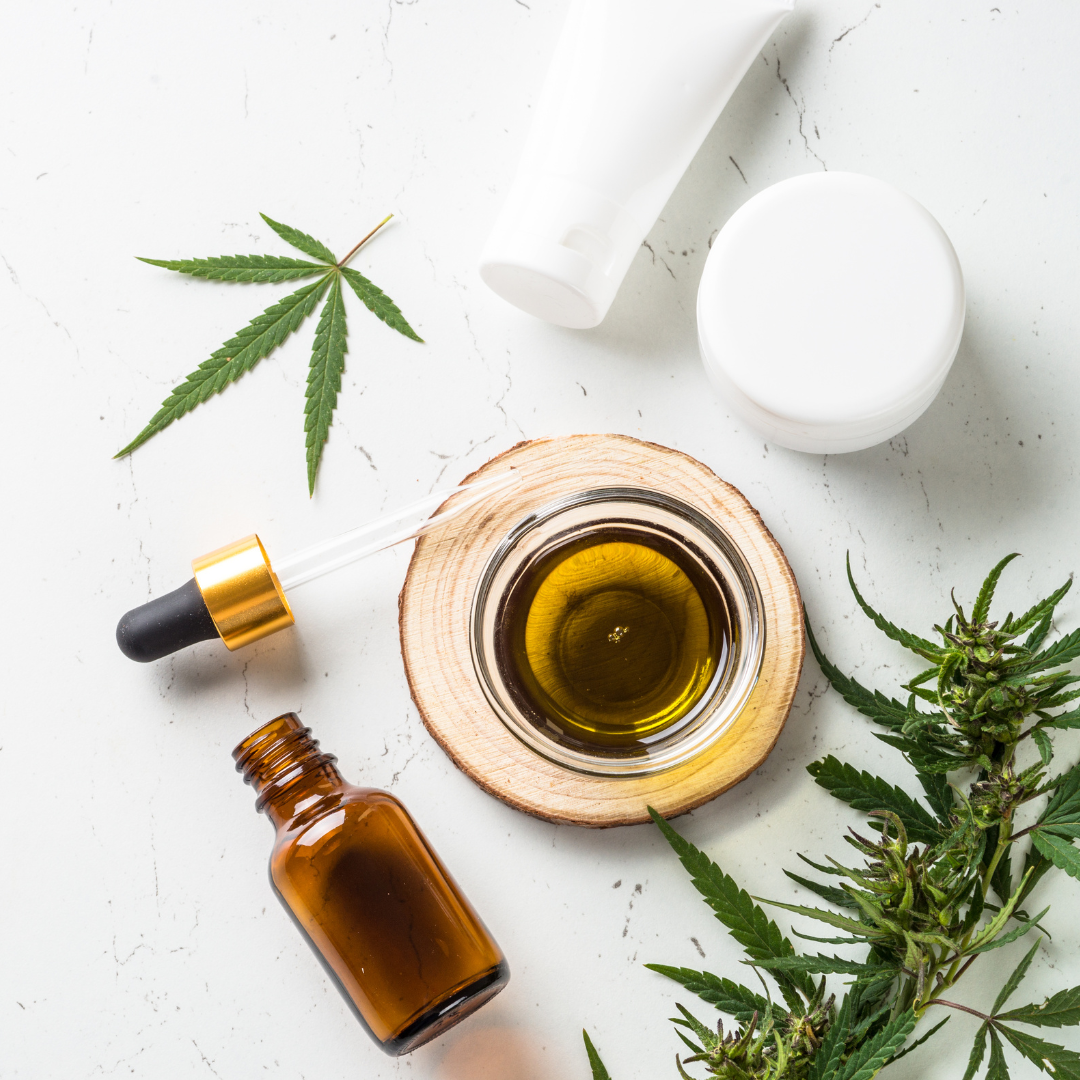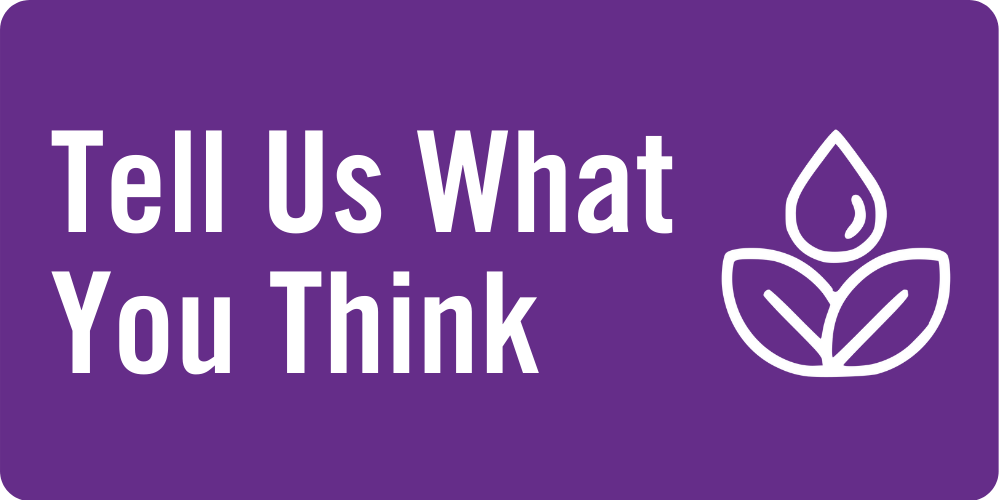Safer Cannabis Use
Cannabis is one of the most commonly used substances in Canada. Factors such as age, health and family medical history will affect how you experience cannabis use. The type of cannabis you use can also impact how you are affected by it as it comes in different strengths. Thus, it is vital if you decide to use cannabis, to be aware of its level of strength and how long you might experience the effects of it. Make sure to talk to a health care provider or pharmacist if you are using prescription, non-prescription or herbal products to avoid negative drug interactions.
If you decide to use cannabis you need to know what you are using, how strong it is, and how long the effects might last. It is also important to consult with your healthcare provider or pharmacist if you are taking any prescription, non-prescription and/or herbal products to ensure that there are no negative drug interactions.
There is an increasing amount of research into the active ingredients in cannabis, how they impact the mind and their possible medicinal properties. Studies are finding more information about the harms that can happen from using cannabis such as injury, damage to the developing brain, and increased risks for major mental health disorders. Think about your personal risks and if you choose to use cannabis, learn about safer ways to use. See Canada’s Lower-Risk Cannabis Use Guidelines for more details.
Make sure you know the laws regarding cannabis for where you live. Each province and local government/town or city across Canada can have different by-laws and laws dealing with cannabis. Check the municipal, provincial, and federal cannabis laws before you buy, possess, or consume cannabis. The Smoke-Free Ontario Act, 2017, does not allow smoking or vaping cannabis in Ontario wherever it is illegal to smoke commercial tobacco products or vape.
Cannabis And the Impact It Has on Health
Cannabis, like any other drugs, can be harmful to your health. The risks are increased when:
use starts in the teen years
cannabis is used every day or almost daily basis;
the person utilizing cannabis has a personal or family history of substance use and/or mental health problems.
Look at some of the health risks shown by the Canadian Centre on Substance Use and Addiction (CCSA), such as mental health problems, impaired motor coordination and judgement, effects on the respiratory system and risk of using during pregnancy and breastfeeding.
The human body has a system that makes its own cannabinoids. This system runs many functions in the human body. It reacts to cannabinoids put into the body, which is why using cannabis affects the way a person thinks, feels and responds.
Cannabis use impairs attention, judgement and coordination. Don't drive or operate machinery when using cannabis.
Cannabis use might increase manic symptoms in people who have bipolar disorder. If used often, cannabis might increase the risk of depression or worsen depression symptoms. Research suggests that cannabis use increases the risk of psychosis in people who have schizophrenia.
Smoking cannabis can affect your memory and cognitive function and cause harmful cardiovascular effects, such as high blood pressure. Long-term cannabis use can worsen respiratory conditions.
Safer Cannabis Use
If you choose to use cannabis, see the tips below to lower the risk of harm.
- Legal cannabis products are regulated and tested for quality. Legal cannabis products are safer to use than cannabis you may get from your dealer or a friend. Avoid using cannabis if you see mold and mildew on it.
- Choose cannabis with lower levels of THC and try a small amount first. Some strains of cannabis may have higher THC content and may have a stronger effect than you were expecting, so be aware of the potency of the cannabis you are choosing to use. To be on the safe side, start small and use less. Smoking less helps reduce smoke and toxins in your lungs. You'll notice the full effects of smoking cannabis within 30 minutes of smoking it. Most physical and psychological effects of smoking cannabis will wear off within five hours but this can vary depending on the person.
- Try cannabis in a safe setting where you feel comfortable and have support from people you know and that you can count on.
Problematic Cannabis Use
Using cannabis is a problem when it negatively affects your life or the lives of others. We may think this refers to people who use large amounts of cannabis on a regular basis, but even using cannabis on a single occasion can lead to issues. You may make a poor decision, such as driving a car before the effects of cannabis have worn off.
The risk of developing problems is often connected to the reason a person chooses to use cannabis to begin with. If someone uses cannabis now and then to have fun socially, then they will likely only use cannabis socially and occasionally – similar to having an alcoholic drink while at a party. But when a person uses cannabis to cope with challenges related to mental health and wellness or chronic stress, it may lead to long-lasting and intense use of cannabis.
While most people who use cannabis do not become dependent on the drug, those who use cannabis frequently over a long period of time may be putting themselves at some risk. A person who uses cannabis frequently or on a daily basis may feel they need to use cannabis to feel normal and function during the day.
People who stop using cannabis after regular use may experience mild feelings of withdrawal, such as irritability, loss of appetite and difficulty sleeping.
Learn more about your cannabis use and the resources available with this guide from CCSA.
-Logan Ryder, Peer Wellness Educator




